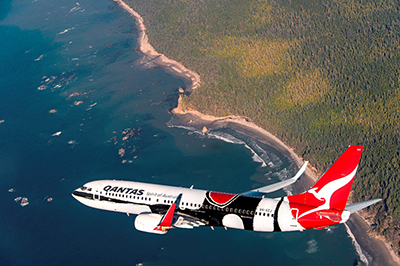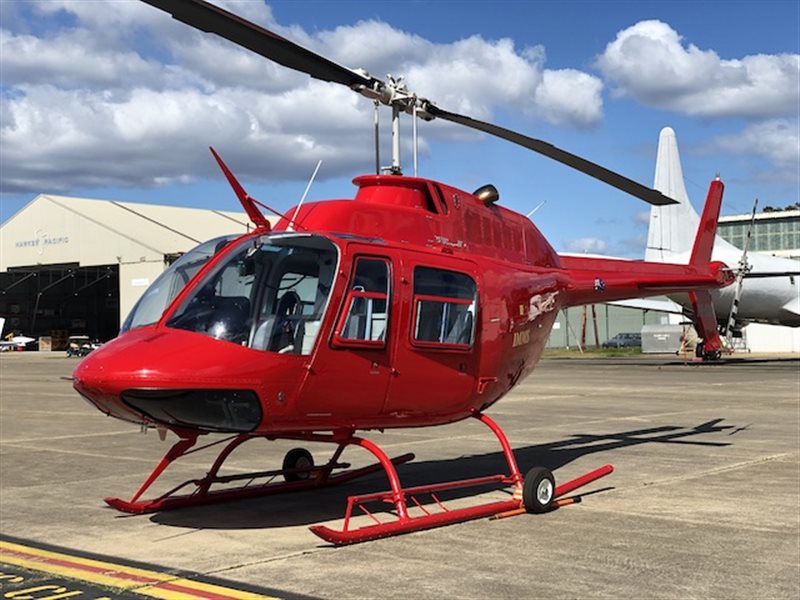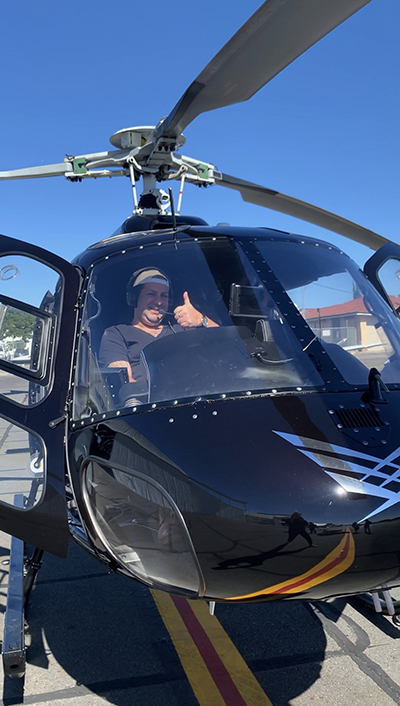UNSW aviation conference to land heavily on COVID impact
THE INTERNATIONAL AVIATION conference being hosted by the UNSW School of Aviation this weekend will touch down on the global impact of COVID-19 on the industry.
The 24th Annual Air Transport Research Society (ATRS) three-day conference runs online from August 27-29, featuring international experts. It will feature the latest research on airport efficiency, air transport economics and airline management as well as results of the ATRS airport benchmarking report, outlining the productivity of the world’s airports. 
The conference was postponed last year due to COVID-19 and will be held online for more than 400 attendees for the first time in its history.
Head of the UNSW School of Aviation, professor Gabriel Lodewijks, is an expert in aviation logistics and technology and he beleives it can help to kick-start the 'next generation' of global aviation.
“Now is the time to discuss how the industry can recover from the COVID-19 pandemic, how to address the environmental impact of aviation and to show the world how this crisis creates opportunities for the next generation in aviation,” Prof. Lodewijks said.
Conference chairman and honorary senior lecturer with the UNSW School of Aviation, Ian Douglas said some international markets were reopening after border closures brought international aviation to a standstill in early 2020.
“The grounding of many Airbus A380 and Boeing B747 jets will change the shape of international travel as markets emerge from COVID-19 lockdowns, with a lesser focus on mega-hubs a likely outcome,” Dr Douglas said. He is a foremost expert on air transport regulation and airline market development, with a focus on ASEAN aviation.
ATRS president and expert in operations and logistics in the Sauder School of Business at the University of British Colombia, Prof. Anming Zhang said the post-pandemic industry development depended largely on the resilience of the entire aviation supply chain, including airlines and airports.
“These external shocks will reoccur in the future, perhaps taking on a new form, so the most important consideration is to ensure that the entire system is resilient,” Prof. Zhang said.
“The industry will be impacted, but we must try to minimize the damage. On the other hand, air travel contributed to the spread of a local epidemic to a global pandemic.
“So in the future we must consider how to cut off or minimise this potential channel.
“We hope the scientific ideas discussed and exchanged in this conference can contribute towards a better understanding of these important problems.”
The ATRS welcome address will feature the dean of UNSW Science, Prof Emma Johnston, Prof Anming Zhang, Prof. Gabriel Lodewijks and Dr Ian Douglas on August 27 from 3.45 pm.
The ATRS keynote speach is by Dhruv Gupta, the chief aviation officer at Sydney Airport, on August 27 from 4pm-4.45pm. This will be followed by a panel discussion moderated by Dr Ian Douglas and featuring international operations and aviation development manager at Tourism Australia, Trent Banfield, along with head of strategy at Virgin Australia, Alistair Hartley.
ends

 How to resolve AdBlock issue?
How to resolve AdBlock issue? 






